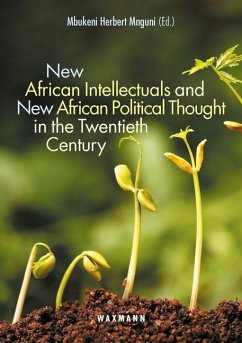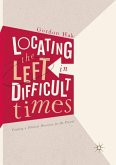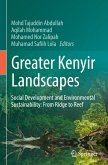This book is purposely and deliberately entitled New African Intellectuals and New African Political Thought in the Twentieth Century. It encapsulates the recent debate about the political and cultural role played by the New African intellectuals in developing modern African political thought. The authors argue that the "New African Intellectuals" was a culturally and politically dominant movement of the twentieth century, despite the fact that it was suppressed and oppressed by white colonialism and racism. It was a political and cultural expression of the oppressed and disposed people. During its cultural and political splay the "New African Intellectuals" was preoccupied with three inseparable historical issues: forming the concept of the New African, constructing the foundations of African modernity, and formulating the principles of African Nationalism. Offering fresh insights that are both empirically and theoretically informed, this book illuminates the processes and consequences of the New African scholars and writers. The political contribution made by the New African intellectuals is traced from its origins in literature, music and language. The discussion concludes with an exploration of the dilemma faced by African languages as they are dominated by European languages. The authors argue that this dominance has resulted in the petrifaction and mummification of African languages because outstanding, even great African writers are not using them in relation to modern technological and linguistic experience. The authors believe that this broad-ranging book will be of interest to all those studying African politics and culture, and who are concerned with understanding modern African societies in the light of post-colonialism.








